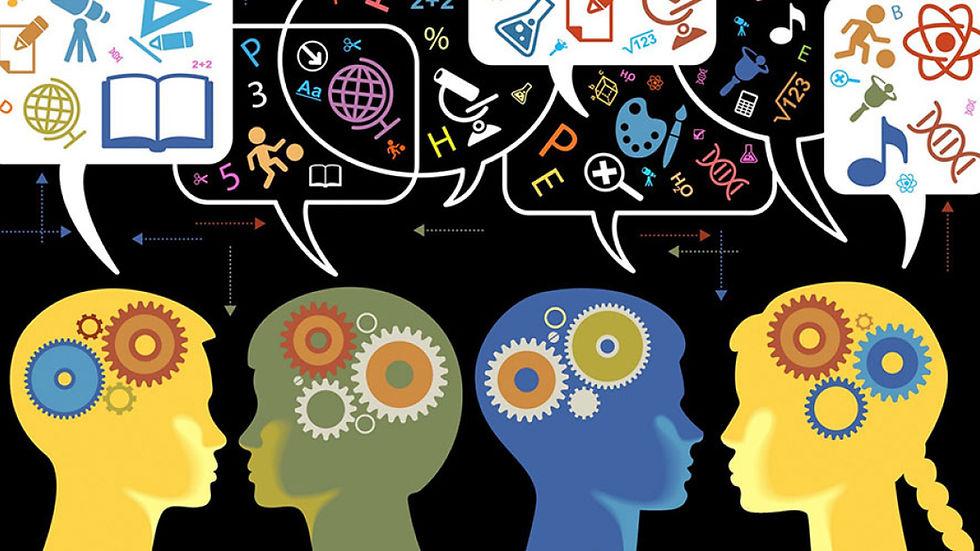When inclusion isn't enough: The new buzzword is 'belonging'
- Joanne Jacobs

- Oct 21, 2023
- 2 min read
"Belonging" has joined "diversity," "equity" and "inclusion" (and sometimes "access") as the newest buzzword on college campuses, writes Adam Ellwanger, a University of Houston professor, on the Martin Center blog.

Cornell defines belonging as "the feeling of security and support when there is a sense of acceptance, inclusion, and identity for a member of a certain group."
It's wholly subjective, notes Ellwanger. And it's all about "identity" and group membership. "Cornell is referring to the categories of individual identity that are presently fetishized on campus: race, sex, gender, sexual orientation, and (non-Judeo-Christian) religious faith."
"If someone doesn’t feel like he or she belongs," he writes, Cornell "assumes this is due to some failing of the institution or the people who inhabit it."
“Belonging at Cornell” started with faculty and staff, but has been expanded to include students from “diverse backgrounds and life experiences,” he writes.
People are encouraged to believe that not feeling a sense of belonging is a social injustice — one that can be resolved only through rituals of institutional penance that come in the form of more DEI training, aggressive affirmative action, and the celebration and promotion of minoritarian identities that are purportedly “otherized.”
"Belonging" sounds a lot like "inclusion," but it goes a step farther, argues Ellwanger. It makes an "immeasurable mental feeling . . . the measure of institutional justice and effectiveness."
"The best way to feel like you belong in any community is to assimilate to its values, beliefs, traditions, and expectations," he writes. But assimilation is seen as injustice. And it requires living “inauthentically.”
A new Education Trust report calls for "greater efforts on college campuses to support the belonging and success of students of color." That requires expanding -- not curtailing -- diversity, equity, and inclusion (DEI) programs.



The woke hate certain "people of color." Three groups: * Chinese/Japanese/Korean Asians -- those Asians with an epicanthic fold. * Indian Asians * Non-Muslim black African legal immigrants These three groups put the lie to "systemic racism" holding down minorities. These three groups have come to America with nothing but an intense work ethic. They have a superior culture compared to not only other minority groups, but to whites as well. Today the average female Asian makes more than the average male white. These three groups are kicking ass -- destroying the lie that "people of color" can't prosper in the U.S. At Cornell University, U.S. black students tried to bar African blacks from the Black Student Union. They hate the African culture that values worki…
As the woke flit from one trendy "feel good" mandate to another, their folly becomes more and more apparent. One thing is certain: They will NEVER be satisfied. NEVER. New demands will rise to their "top ten" list -- just like the old hit songs ranking. Their unstated goal is to roil up the populace -- moving the favored to a higher status simply because they are deemed to be harmed by real or imaginary criteria. In the end, reparations to all groups favored by the woke will be the mandates they champion. Moving to a sane state makes more and more sense, though it seems like the number of such states is diminishing. Those of us parked in the deep blue state…